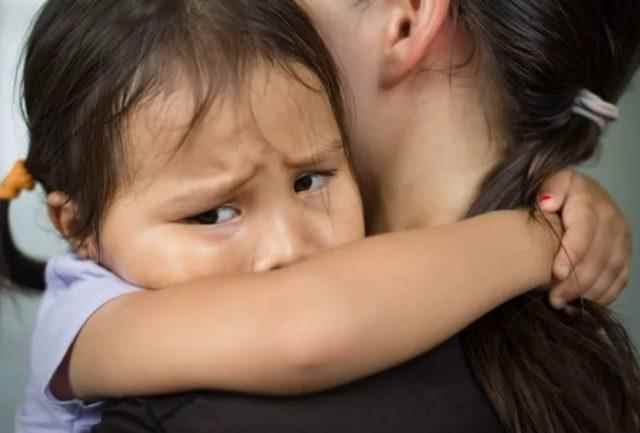Stress leads to disruption of our work and deterioration of our health. Stress management can be much more challenging in some situations. Many people experience stress disorder after the earthquake. Expressing that the earthquake deeply affected his mental health, Dr. Ahsen Büyükavşar shared what needs to be done in this process.
EVERY PERSON’S REACTION IS DIFFERENT
Dr. Ahsen Büyükavşar said, “Even though more than a week has passed since the earthquake, we may still have uneasiness. Feelings of extreme fear, helplessness, horror, shock, inability to feel your emotions, unresponsiveness and inability to cry, feeling like you are constantly experiencing the earthquake, can remember the earthquake moments over and over again, You may see related dreams or daydreams, you may feel as if the event is happening again.You may avoid places or situations that remind you of the earthquake event, you may not remember all or some parts of the event, you may not be able to enter the house where the earthquake occurred, you may not want to get away from people and talk about the event. You may have symptoms of excessive tension. You may experience insomnia, irritability, irritability, excessive startle, palpitations, tremors, difficulty in breathing. You may feel that you have no future. You may feel guilty about the death of your relatives. The earthquake creates fear and anxiety in the acute period. In the future, it can cause post-traumatic stress disorder,” he said.
IF SYMPTOMS DO NOT abate, CONSULT A DOCTOR
Dr. Ahsen Büyükavşar said, “It is the possibility of seeing all these symptoms in people who have experienced an earthquake. However, if these complaints do not decrease and make your life more difficult, you should apply to mental health specialists in the region or centers with mental health specialists who are ready to help you.”
ENSURE YOUR CHILDREN TELL THEIR FEELINGS

Pointing out that children can feel extreme fear and helplessness after the earthquake, Dr. Buyukavsar said:
“Encourage your children to tell about their experiences. Let them express their feelings such as fear and anger, do not prevent them from crying, answer their repetitive questions. Explain that what they are experiencing is perfectly natural and not a disease. The most basic need of your children is to feel safe and secure. Do not keep your children away from you, meet their needs for nutrition, shelter and attention directly. The first condition for helping your children is to be as calm, reassuring and consistent as you can. Tell them that what they are experiencing is perfectly natural and not a disease. Tell what you heard, saw and experienced during and after the earthquake. “Encourage her to tell, encourage her to tell. Listen to her concerns and respond empathetically, without judgment. Don’t force her if she doesn’t want to tell. Tell her you can listen whenever she wants to talk.”
(UAV)
